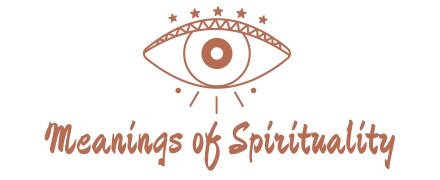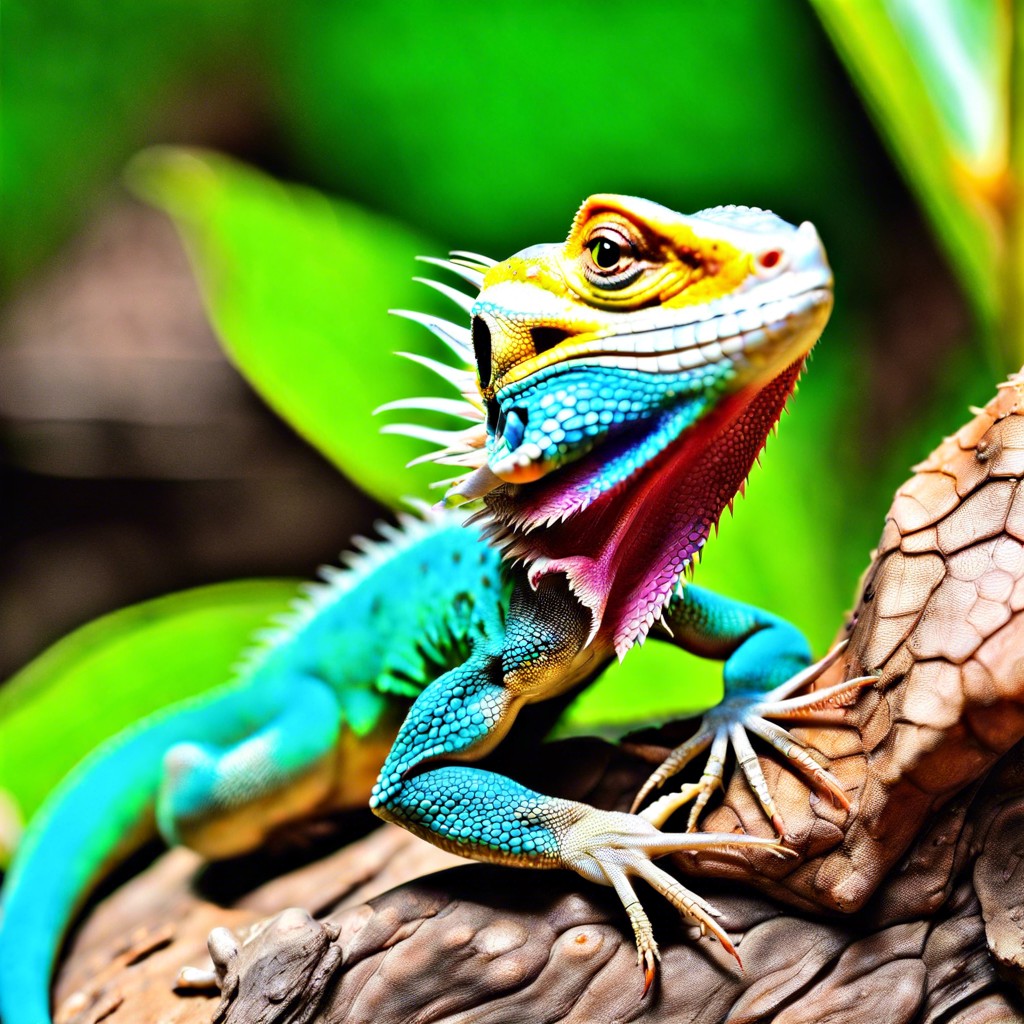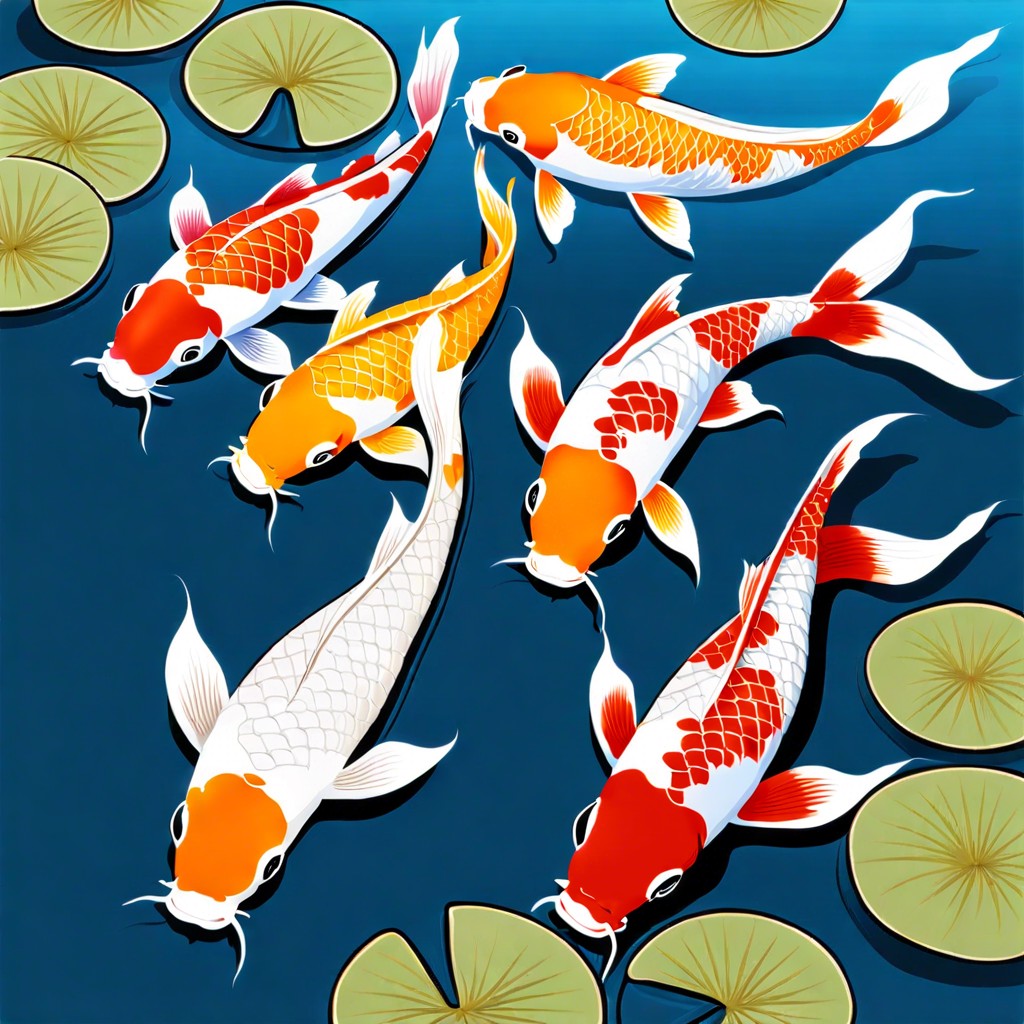Discover the spiritual meaning and symbolism of the scorpion and how it can impact your life.
Curious about the enigmatic scorpion and its rich symbolism steeped in cultural history? From protection by the ancient Egyptian goddess Serqet to representing guardianship, transformation, and even existential fears, this article delves into diverse aspects of scorpion symbolism across various civilizations. Explore how this fascinating creature embodies both danger and healing in different traditions.
Key takeaways:
- Scorpions symbolized protection in ancient Egypt by goddess Serqet.
- Scorpions represent guardianship and defense in various cultures.
- Scorpions symbolize transformation through shedding and renewal.
- Scorpions symbolize danger, death, and facing existential fears.
- Scorpion symbolism varies across cultures, from danger to healing.
Ancient Egyptian Symbolism

In ancient Egypt, scorpions held a unique place in mythology and daily life. They symbolized protection and were embodied by the goddess Serqet.
Serqet was believed to have the power to both heal and harm, reflecting the dual nature of the scorpion. Amulets depicting her were worn to ward off venomous creatures and to seek her protection.
Pharaohs and commoners alike called upon her in times of need, emphasizing her broad influence.
Scorpion motifs were also found in tomb carvings, meant to safeguard the deceased on their journey to the afterlife. This highlights the deep cultural relevance scorpions had in ensuring safety and continuity beyond death.
Protection and Guardianship
The scorpion has long been seen as a symbol of protection and guardianship in various cultures. Its fierce and defensive nature highlights its role as a protector.
In ancient Egyptian mythology, the goddess Serqet, often depicted as a scorpion, was believed to guard the living and the dead from evil and venomous creatures. This portrayal emphasized the idea of scorpions as powerful guardians.
In astrology, Scorpios are known for their intense and protective nature, often fiercely guarding their loved ones. This symbolizes deep loyalty and the instinct to shield others from harm.
Additionally, in some African cultures, scorpions are considered symbols of resilience and defense, embodying the idea of standing firm against challenges.
The scorpion’s ability to strike swiftly and defend itself with precision is a potent reminder of the importance of protection and vigilance.
Transformation and Rebirth
Scorpions are often linked to transformation and rebirth. This stems from their ability to shed their exoskeleton as they grow, symbolizing the idea of emerging into a new phase of existence.
- The shedding process highlights renewal and personal growth. It shows that leaving behind the old can lead to something stronger and more capable.
- In astrology, Scorpios, associated with the scorpion, are famed for their transformative nature. They undergo deep, internal changes that lead to personal evolution.
- Myths surrounding scorpions emphasize resurrection. Ancient stories often depict scorpions as creatures that come back stronger after apparent demise.
Their cycle of molting and renewal genuinely encapsulates the essence of transformative journeys.
Danger and Death
Scorpions have long been associated with danger due to their venomous sting. This connection symbolizes the lethal aspects of life.
In ancient folklore, they were often seen as omens of death. Their ability to inflict pain and potentially deadly wounds gave them a fearsome reputation.
Cultures like the Greeks and Romans saw scorpions as symbols of both physical and spiritual death. The darkness they represent is not always about literal death but also signifies the end of a cycle or phase, urging caution and respect for the unknown.
In the Zodiac, Scorpio is linked to themes of intensity and transformation, which often involves facing existential fears.
Cultural Variations Across Regions
In Native American traditions, scorpions often symbolize danger and a reminder to tread carefully in life. They are seen as protectors and keepers of sacred boundaries.
Conversely, in Chinese culture, the scorpion is viewed as a symbol of healing and medicinal properties. It is believed to have potent healing powers that can be harnessed for good.
In African folklore, scorpions are symbols of power and resilience, often linked to personal strength and overcoming adversity.
In ancient Greece, the scorpion was associated with Artemis, the goddess of the hunt and wilderness, symbolizing protection and maternal care.
These varied interpretations highlight the scorpion’s complex role in human consciousness across different cultures.





